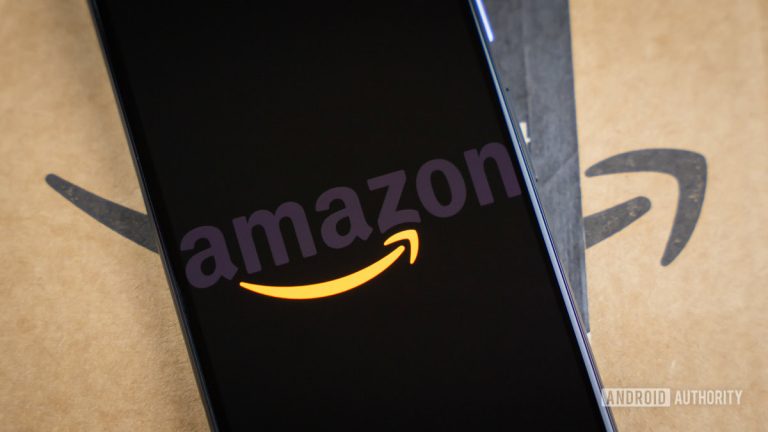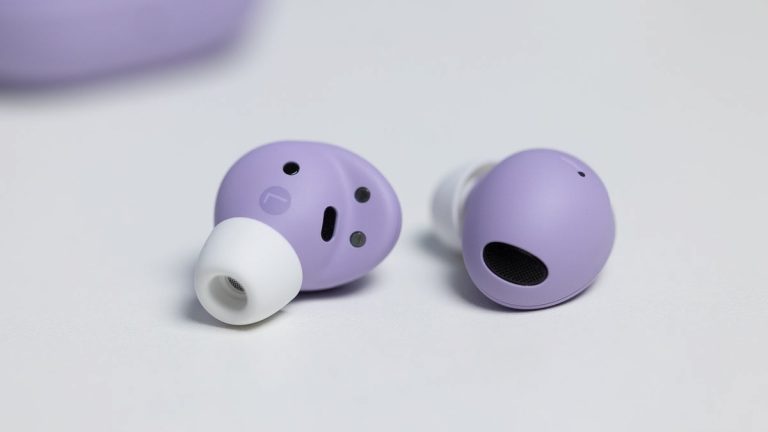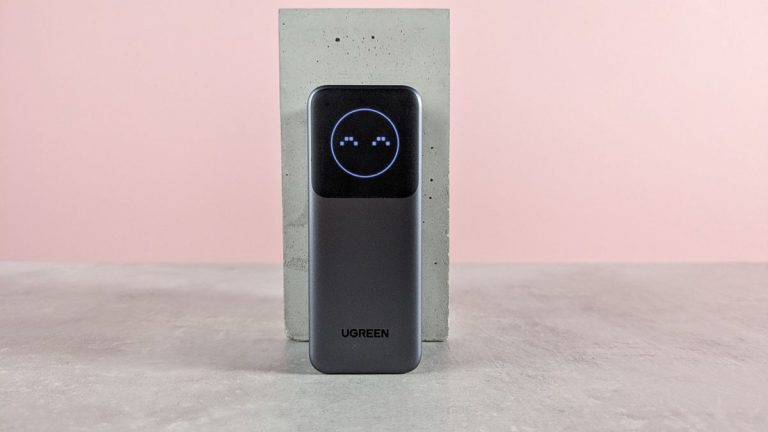iPhone Loyalty Crisis: Why I’m Shocked I Haven’t Swapped to Android After 3 Years
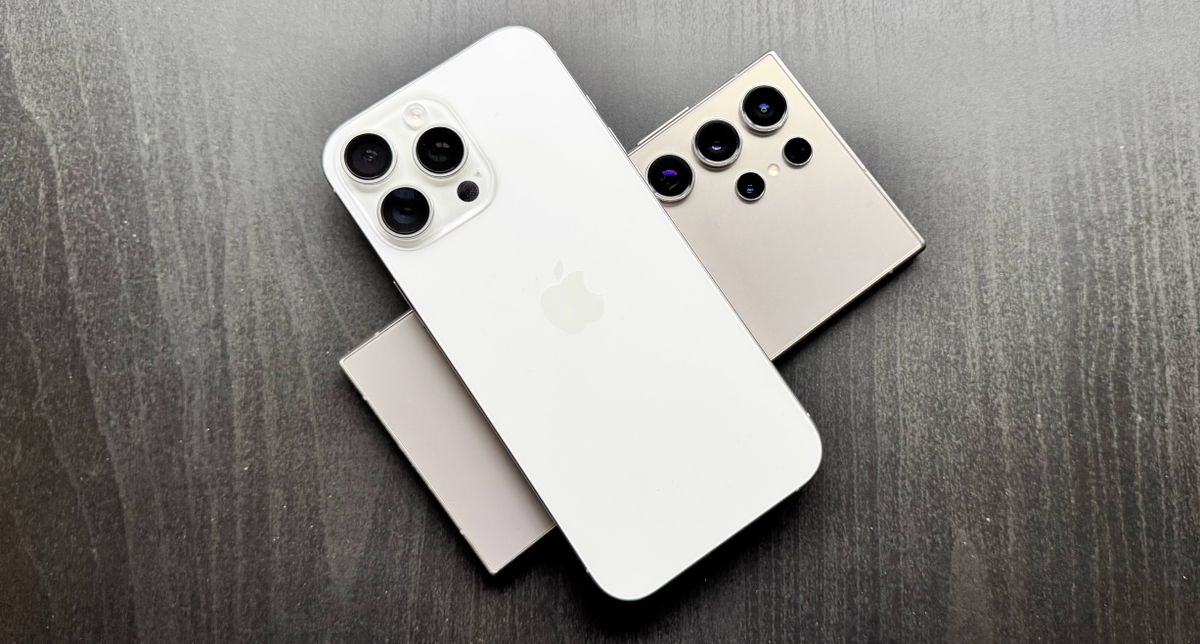
Still an iPhone Fan After All These Years
In three years, a lot can change. Wars can erupt, recessions can hit, businesses can rise and fall, and artificial intelligence can create "art." And, of course, some guy can buy Twitter and almost ruin it. But, despite all the twists and turns, I’ve remained surprisingly consistent in my phone choice: I’m still an iPhone user.
My iPhone 13 Pro, which I switched to in December 2021, brought me a smoother ride with its 120Hz OLED display, excellent cameras, and powerful performance – all in a 6.1-inch package that outpaced even the best Android phones I’d used before. And, to be honest, I’d fallen for it.
The iPhone 13 Pro functioned seamlessly with my MacBook Air M2, and I even enjoyed watching the stainless steel panel develop a patina over time. Yet, in the back of my mind, I felt the urge to return to an Android phone – maybe a new Pixel with its refined smarts and style, or a mighty Galaxy S-series Ultra.
That didn’t happen. And, remarkably, I found myself raving about the iPhone 15 Pro Max, which I’d started using as part of my role heading up TechRadar’s Mobile Computing division. The titanium design made a large phone feel light and wieldy, almost as nimble as its non-Max counterpart.
When UK carrier Vodafone sent me the iPhone 16 Pro Max, I made the switch without hesitation.
Living for the Ease
Now, with the iPhone 16 Pro Max, I must admit that it’s a bit of a letdown. It launched without a bunch of Apple Intelligence features, the cameras didn’t offer much of an upgrade, and the new Camera Control button-meets-slider feels like a gimmick, at least based on my usage so far.
Still, I’m continuing to use the iPhone 16 Pro Max. Why? Because of the sheer convenience it provides. Other phones now use titanium, and feature-rich, and Android continues to evolve. It’s hard for me to rely on the photo processing and computational photography benefits the iPhone offers, or the performance of its A-series chips.
Why Android Can’t Compete
But it’s that iOS magic that keeps me hooked. The ecosystem makes everything just work, effortlessly connecting my AirPods Pro, allowing me to take calls on my MacBook, and seamlessly integrating apps and tools. It’s a small thing, but sharing my Wi-Fi hotspot with colleagues was a tech magic moment. And on a daily basis, iOS enables these feats of convenience.
Of course, no iPhone can compete with the personality of an Android flagship, which usually keeps me gazing longingly at Samsung’s Galaxy series. But these phones feel like gadgets that require an intentional effort to use, while my iPhone feels like a tech tool that I just use to get stuff done, then pop in my pocket – no soul, but zero fuss, I’ll always choose Cupertino’s smartphones.

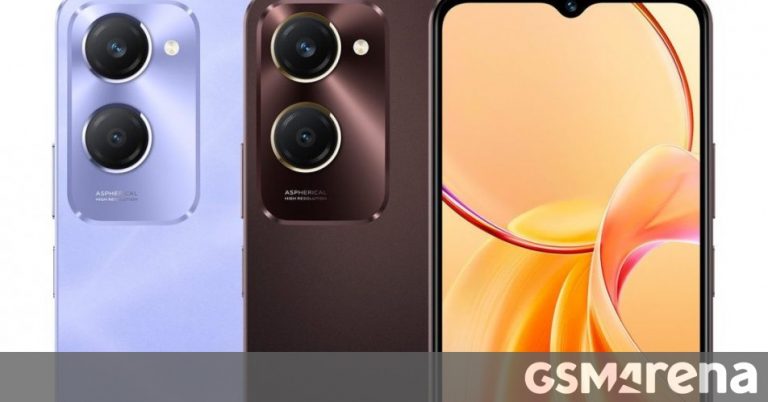
![Google teases the Pixel 9 Pro Fold [Video]](https://techtide.one/wp-content/uploads/Screenshot-2024-07-18-at-2.05.25 PM-768x402.jpg)
